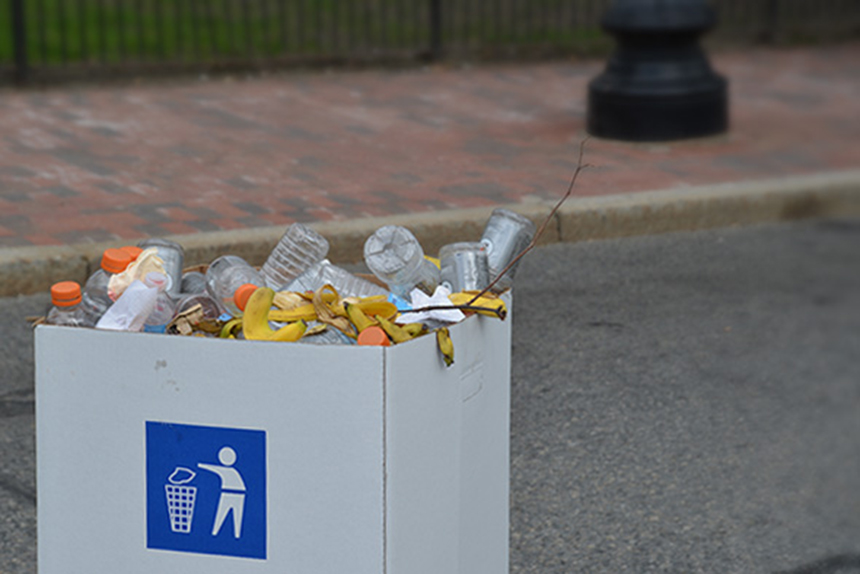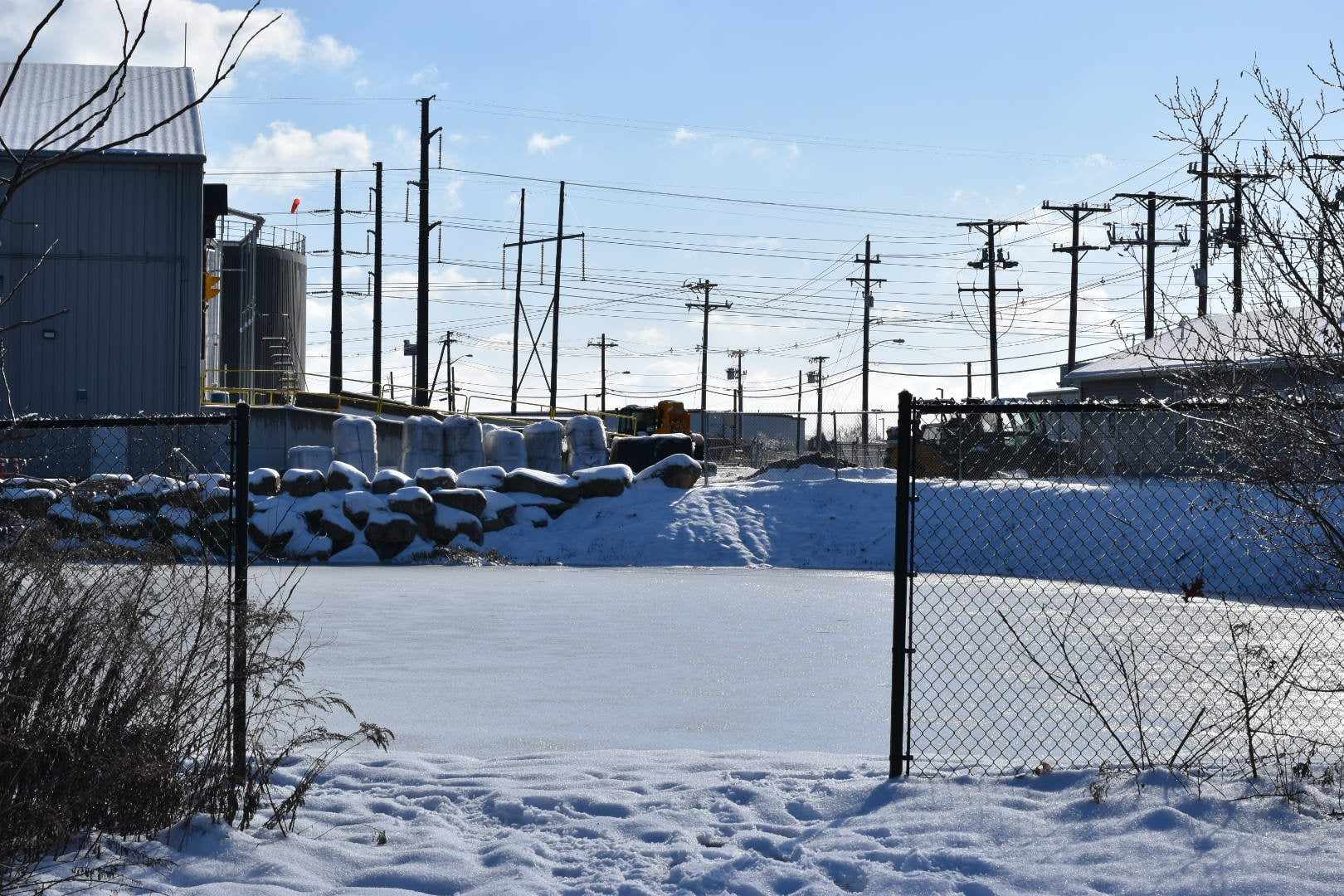Rhode Island Pays to Keep Glass Out of Landfill
March 28, 2013
JOHNSTON, R.I. — It’s official: Rhode Island glass is getting reused. On Wednesday, the Rhode Island Resource Recovery Corporation (RIRRC) board of commissioners unanimously approved a contract to ship glass to a processor in Franklin, Mass.
Unlike other recyclable materials such as paper and plastic, RIRRC won’t be paid for collecting and shipping this commodity. Instead, the quasi-state agency will pay $205,000 annually to have it hauled to glass processor Strategic Materials Inc. (SMI). The funds will be drawn from general revenues and fees collected for services at the Materials Recycling Facility, where recyclables are sorted. The cost impacts the profit sharing paid annually to cities and towns.
Sarah Kite, RIRRC’s director of recycling services, said there are no buyers for recyclable glass. “We would love to get paid for the glass,” she said. “There’s just no market right now.”
RIRRC stopped shipping glass to recyclers and processors in 2002 because of the shipping expense. Instead, the glass was crushed and added to the mix of material poured on top of the landfill to tamp down loose debris.
Last year, the General Assembly passed a bill prohibiting glass from the daily cover as part of an effort to quell an odor problem. Beginning last July, glass was simply buried with other trash.
In late January, RIRRC began shipping glass to SMI on a trial basis. Excess paper, notably shredded paper, has been a concern, however. Rhode Island residents are permitted to include shredded paper in their recycling, but this paper must be “double bagged” in clear plastic bags. The bags are collected and emptied by hand at the landfill’s recycling center. The new single-stream recycling sorter, however, doesn’t effectively parse tiny paper bits. Thus, some of the glass shipments to SMI are at risk of being rejected and dumped as trash due to the high paper content.
RIRRC has improved the sorting in recent weeks and nearly all glass collected has been heading to SMI. SMI doesn’t recycle glass; it is a beneficiation facility that cleans the class, sorts it by color and grounds it into pellets, or cullet. Depending on the quality, the cullet is sold to bottle manufactures. Lower grade glass is used to make cement and asphalt.
The glass hauling contract was awarded to Francis P. Golden Trucking of Grafton, Mass. RIRRC has an option of extending the contract for two years. Some 20,000 tons of glass are expected to be shipped each year.
Categories
Join the Discussion
View CommentsRecent Comments
Leave a Reply
Your support keeps our reporters on the environmental beat.
Reader support is at the core of our nonprofit news model. Together, we can keep the environment in the headlines.
We use cookies to improve your experience and deliver personalized content. View Cookie Settings




Florida is researching the possibility of converting mixed glass back to sand. http://www.southeastrecycling.com/Proceedings/2007/content/pdf/Bresee.pdf
I love the idea of converting glass back to sand– it could really be a mutually beneficial practice, particularly in beach recovery efforts after storms like Sandy